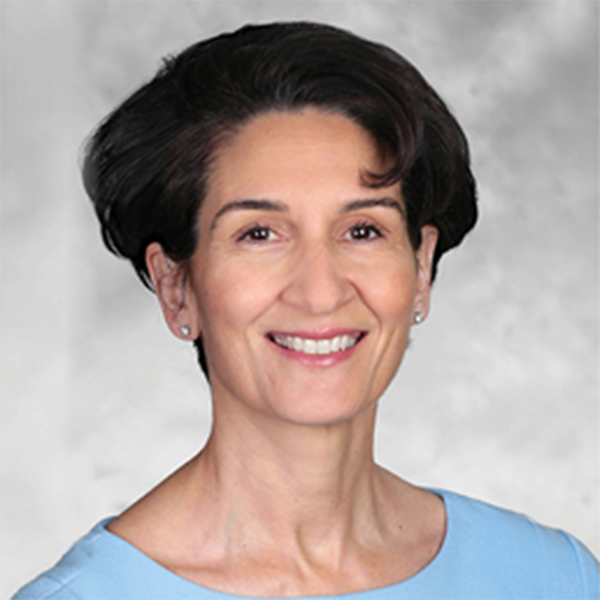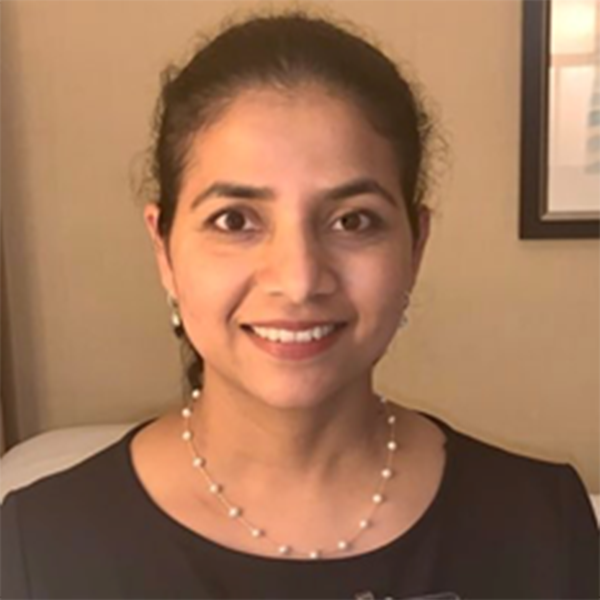Conversations With Cardiologists: Athena Poppas MD, MACC

Athena Poppas MD, MACC, is the immediate past president of the ACC. This piece focuses on her path of engagement with the ACC, her recent term as ACC president, and her advice to fellows in training (FITs) interested in participating in ACC initiatives.
How did you first became involved with the ACC?
One of my mentors as a fellow and junior faculty at the University of Chicago was Morton Arnsdorf, MD. He suggested I become an FACC as it signifies such an important position to the community of one's professional commitment and, also, he had truly enjoyed his involvement with the College. Then when I joined the faculty here at Brown University, they were just establishing a state chapter in Rhode Island. Ric Christian, MD, was the first Chapter president and asked me to join the leadership group because of my interest in education. They were also looking to engage more women cardiologists in the Chapter. I really enjoyed the engagement and learned so much early on.
What are some of the things you have enjoyed the most in your role as ACC president this past year?
There were certainly a lot of unexpected challenges during the year. But in some ways that is when you grow and learn the most as a person and a leader. The things I was looking forward to included meeting new cardiologists and the care team; unfortunately, I didn't get to meet people in person but the online engagement with webinars was fantastic. We were able to continue our strategic goals around FITs and early career engagement and member value during this difficult time. That was very meaningful. The ACC served as a platform for people coming together and where there were resources quickly available on the COVID hub, because we were all struggling to figure out COVID on our own. Additionally, in the spring, I was really proud of how we partnered with the ABC (Association of Black Cardiologists) and American Heart Association with a powerful joint statement denouncing racism and violence. It is a public health issue. We built upon our diversity and inclusion work to make inroads in health equity. Ultimately, the many challenges that year became opportunities to leverage all of our strengths as a collective.
What advice do you have for FITs interested in ACC engagement?
I think getting involved locally is simple and key but can be easy to overlook. There are over 52,000 ACC members and there only a few hundred positions on national committees. But there are hundreds of more positions at the local level and where you can make a more tangible impact. I spent a lot of time working locally and I learned a lot and enjoyed that. Also, there are ways to get involved with section workgroups in areas that interest you. One should get engaged in small steps, build on your focused success and also find ways for "micro-engagement/volunteering." Another aspect to consider is if you are at a meeting, don't be afraid to connect with somebody and then to follow up. Everyone is there because they want to learn and connect, young and old.
What are the best ways for FITs to network at conferences?
I think even when you are attending smaller state meetings or grand rounds locally, there are opportunities to connect as there can be more time to interact one on one. I have stayed in contact with people who reached out to me because they were interested in pregnancy and heart disease for example. One conversation might turn into a longer-term conversation, sponsorship and/or mentorship.
Lastly, what advice would you like to share for FITs who just started their training?
One should have a sense of the power you possess as a fellow, because you are the future of the College and of the profession! You are more empowered than you were in the past, capitalize on that to change not only your education during fellowship but also to improve the practice and care of patients in the office, hospital and your community. There is an important focus to master the science of what we do but embrace the entire profession from advocacy to management to quality. You really can help shape the future of our profession to be the best that it can be for our patients.

This article was co-authored by Vrinda Trivedi, MBBS, recent graduate from cardiology fellowship at Brown University. Twitter: @vtrivediMBBS
This content was developed independently from the content developed for ACC.org. This content was not reviewed by the American College of Cardiology (ACC) for medical accuracy and the content is provided on an "as is" basis. Inclusion on ACC.org does not constitute a guarantee or endorsement by the ACC and ACC makes no warranty that the content is accurate, complete or error-free. The content is not a substitute for personalized medical advice and is not intended to be used as the sole basis for making individualized medical or health-related decisions. Statements or opinions expressed in this content reflect the views of the authors and do not reflect the official policy of ACC.

